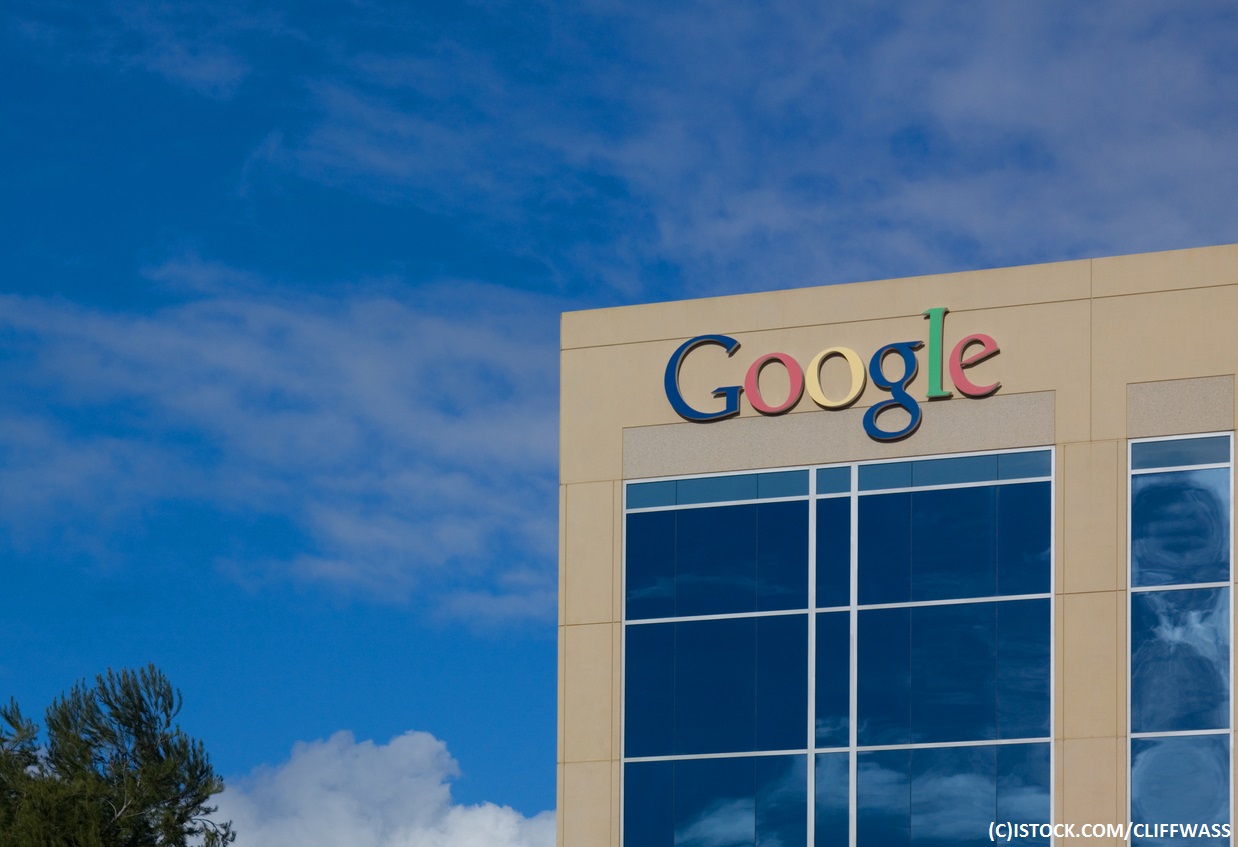
Opinion In a double clampdown, Google has capped the campaign data available to advertisers and the inventory they can buy — thereby severely restricting their flexibility to deliver successful campaigns to consumers.
Its decision to block use of the DoubleClick ID when transferring data between services has left advertisers in the dark — unable to connect the dots between campaign insights held in DoubleClick Bid Manager (DBM), Campaign Manager (DCM) or the Google Exchange, with behavioural data from other ad tech providers such as Adobe Analytics. Without this data, understanding which audiences to buy so that messages reach the most economically productive users has become a guessing game.
And the limitations on buying make matters worse. Advertisers using independent tools in any capacity, such as to test for ad fraud or analyse a campaign’s performance, can only purchase ‘personalised’ inventory: ads directed to users’ who have given consent to be targeted based on user data.. Non-personalised ads however, are often served to new customers based on non-personal data such as publisher context, browser characteristics or time of day but these are not an option if advertisers want impartial media serving, auditing and reporting.
The tech giant argues these adjustments are a necessary result of the GDPR; protecting user privacy by stopping data stitching and unauthorised targeting. Yet its delay in joining the IAB’s Transparency and Consent Framework is an affront to advertisers, who are seeing campaign success being hampered as a direct result of these interim controls.
Advertisers face a tough decision: do they prioritise scale by sticking with Google — which claims over 80% of global ad spend alongside Facebook — or do they venture into an independent but less certain ad landscape? In other words: to Google or not to Google?
Right now, the industry is so reliant on Google that it is overlooking the potential power of collaboration between other vendors. Yet if ad tech companies are willing to open the gates to their own gardens, and join forces to fill the data and inventory gaps left by Google’s policies, then they could serve, measure and optimise campaigns transparently and compliantly.
With unified capabilities and insight, vendors could finally offer brand marketers a viable alterative to Google: complete digital advertising suites that encompass ad buying, verification, measurement, and optimisation — all on an entirely independent and transparent basis.
If anything, the data gaps created by Google have highlighted the forceful hold of media giants on today’s digital advertising industry and the vulnerable position this leaves brands in. There is an urgent need to start building a more open ecosystem where advertisers have greater choice. By pooling resources, ad tech vendors can enable marketers to realise the full potential of data-driven advertising while maintaining flexibility, independence and ownership of their own data — isn’t that what the web was always meant to be about?
 Interested in hearing leading global brands discuss subjects like this in person?
Interested in hearing leading global brands discuss subjects like this in person?
Find out more about Digital Marketing World Forum (#DMWF) Europe, London, North America, and Singapore.





